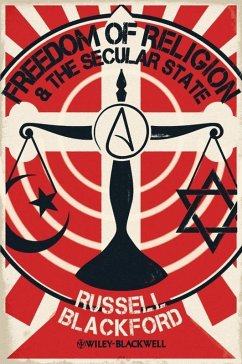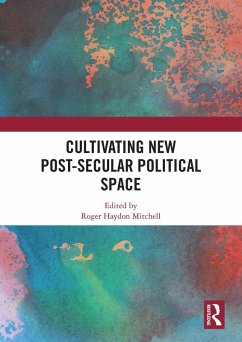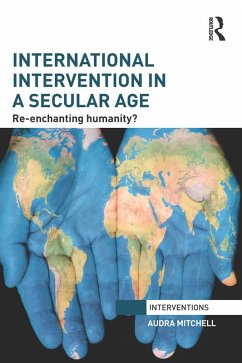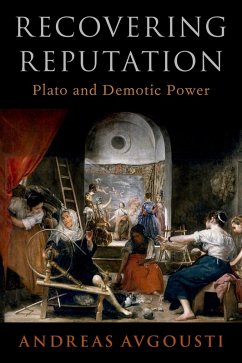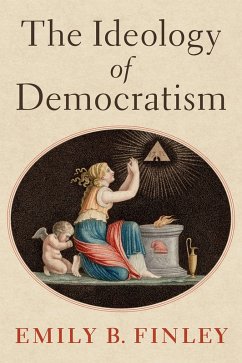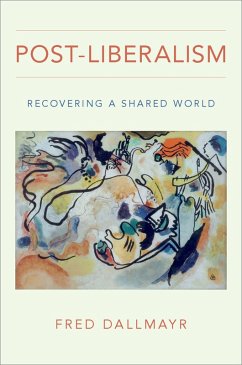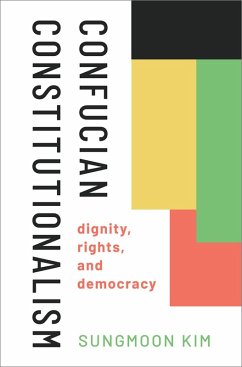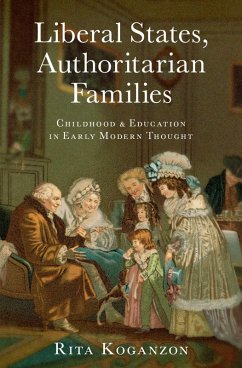
Solidarity in a Secular Age (eBook, ePUB)
From Political Theology to Jewish Philosophy
Versandkostenfrei!
Sofort per Download lieferbar
30,95 €
inkl. MwSt.
Weitere Ausgaben:

PAYBACK Punkte
15 °P sammeln!
Liberal democracies need solidarity. They need citizens who sacrifice for their country, rally for justice, and help their neighbors. Yet according to critics of liberalism like Carl Schmitt, the solidarity liberal democracies need comes from sources they cannot themselves produce, like religion. Thus in a time of declining religiosity and rising nationalism, how can we form strong social bonds without racism, demagoguery, and xenophobia? Can we have not only solidarity, but liberal solidarity, in a secular age? In Solidarity in a Secular Age, Charles H. T. Lesch responds to Schmitt's challeng...
Liberal democracies need solidarity. They need citizens who sacrifice for their country, rally for justice, and help their neighbors. Yet according to critics of liberalism like Carl Schmitt, the solidarity liberal democracies need comes from sources they cannot themselves produce, like religion. Thus in a time of declining religiosity and rising nationalism, how can we form strong social bonds without racism, demagoguery, and xenophobia? Can we have not only solidarity, but liberal solidarity, in a secular age? In Solidarity in a Secular Age, Charles H. T. Lesch responds to Schmitt's challenge, proposing a new liberal-democratic solidarity rooted in personal sacrifice, shared fate, and moral destiny. Through readings of Jean-Jacques Rousseau, Immanuel Kant, and Jürgen Habermas, he uncovers religion's underlying role in Western thinking about solidarity since the Enlightenment. Turning next to Emmanuel Levinas, Martin Buber, and George Eliot, he shows how Jewish ideas can contribute to reimagining our social bond for the twenty-first century. Lesch provides a new language for restoring our fractured unity while staying true to core liberal values. He shows how theological ideas influence even outwardly secular philosophical and political theories. Radically revising political theory's relationship to religion, he challenges us to rethink and rebuild our social bond.
Dieser Download kann aus rechtlichen Gründen nur mit Rechnungsadresse in A, B, BG, CY, CZ, D, DK, EW, E, FIN, F, GR, HR, H, IRL, I, LT, L, LR, M, NL, PL, P, R, S, SLO, SK ausgeliefert werden.






